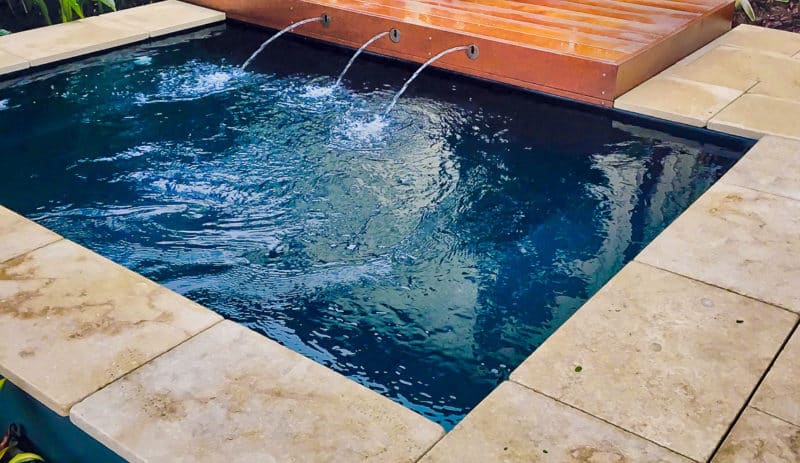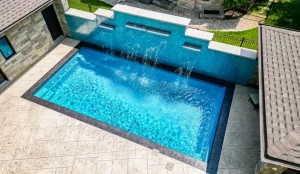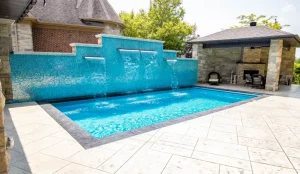Pool Building Permits and Regulations: What You Need to Know

Navigating Permits and Regulations for Pool Construction
Before starting any pool project, understanding local permits and regulations is crucial. Compliance ensures safety, avoids fines, and prevents delays.
1. Why Permits Are Required
Ensure structural safety and proper installation of electrical and plumbing systems Verify compliance with local zoning and building codes Protect homeowners from liability issues
2. Common Pool Regulations
Minimum fencing and gate requirements for safety Setback distances from property lines Restrictions on pool depth or water features Electrical and plumbing standards
3. The Permit Process
Submit detailed plans including pool design, equipment layout, and landscaping Pay fees and schedule inspections at various construction stages Address any required modifications before continuing work 4. Working With Your Pool Builder Experienced contractors often handle permits and inspections for you They ensure all work meets local codes, reducing the risk of project delays or legal issues
Pro tip: Always verify that your pool builder is licensed and familiar with local regulations to avoid costly mistakes.









